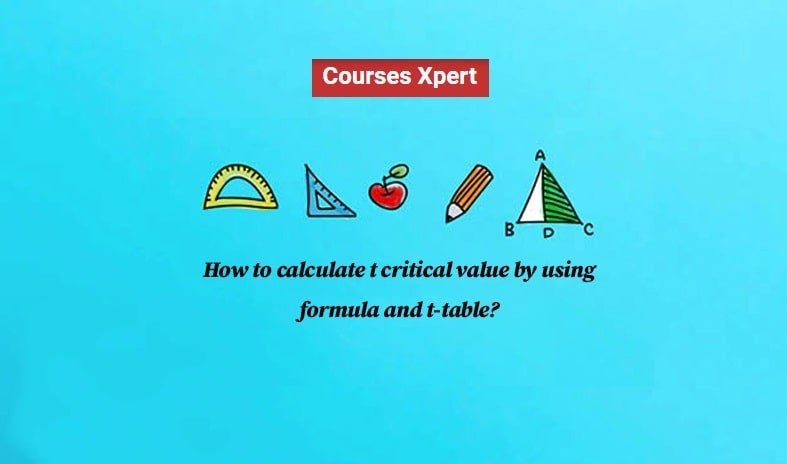Proper classroom management is essential to effective teaching, creating an atmosphere in which students can focus their energy toward learning rather than disruption and distraction. Proper management doesn’t merely involve maintaining order but creating an ideal learning atmosphere as well. We will review some essential classroom management techniques that educators can employ when setting up ideal learning conditions in their classes.
1. Establish Clear Expectations:
At the heart of classroom management lies setting clear and measurable expectations for behavior in classes. Establish rules and guidelines easily understandable to students as well as any possible consequences of either positive or negative actions they exhibit.

2. Establish Strong Bonds with your Students:
Effective classroom management depends upon building positive relationships between yourself and each of your students, taking time to form meaningful bonds between individuals by showing an interest in their lives, listening carefully when issues are brought forward, providing assistance as required, and showing you care! When they feel valued and respected they’re more likely to conform with expectations set.
3. Maintain Consistency:
Consistency is at the core of effective classroom management. When teachers adhere to set rules and consequences on an even playing field across their classes, their pupils know exactly what to expect of them, leading them to more predictable behaviors. Any deviation could confuse pupils or resentment among classmates – therefore all rules and consequences should be applied uniformly across the classroom.
4. Employ Positive Reinforcement:
While consequences for misbehavior must also be enforced effectively in classroom management strategies, positive reinforcement should also be employed as part of an effective classroom management approach. Praise, rewards, and encouragement can encourage children to consistently display desirable behavior – so set aside time each month or quarter to recognize your students for their efforts!
5. Effective Communication:
Effective communication in classroom management is of vital importance. Be clear with students regarding expectations, assignments, and deadlines – invite questions when needed or require clarification – encourage active listening by actively listening back – when students feel heard they’ll more likely respect your instructions!
6. Engage Students Actively:
One of the key strategies for successfully managing a classroom is engaging students actively in the learning process. Boredom can quickly lead to restlessness and disruptive behavior in learners, so using various teaching strategies like group activities, hands-on projects, technology integration, or adding elements of choice and autonomy into lessons to keep your learners interested and involved can keep learners actively learning in your lessons.
7. Plan Transitions:
Transitions can be an awkward part of classroom management. To minimize disruptions and make these times smoother for all involved, prepare these transitions carefully using timers, verbal cues, and visual indicators as indicators for impending changes in activity or teaching methods. Be sure to communicate expectations to students so they become second nature over time.
8. Stay Calm and Collected:
Teachers often encounter challenging classroom management scenarios that call for swift thinking and composure to oversee students effectively. Reacting emotionally when misbehavior occurs only escalates matters further and may lead to a loss of control over classroom management. Developing techniques for controlling stress or frustration such as deep breathing or mindfulness practice or seeking assistance from colleagues or mentors may prove useful tools in keeping you calm in challenging times.
9. Professional Development:
Classroom management can be an ongoing learning experience. Take any opportunities available to enhance your abilities through workshops, conferences, or seminars on this topic; seek advice from more seasoned educators for assistance; or seek mentorship from more senior teachers.
Final Thoughts
Effective classroom management is key to successful teaching. Keep in mind that each situation differs, thus some strategies could take time to yield great results. Patience, adaptability, and dedication towards continuous improvement will guarantee positive educational experiences both teachers and their students share.

Rahul Kumar is a passionate educator, writer, and subject matter expert in the field of education and professional development. As an author on CoursesXpert, Rahul Kumar’s articles cover a wide range of topics, from various courses, educational and career guidance.



